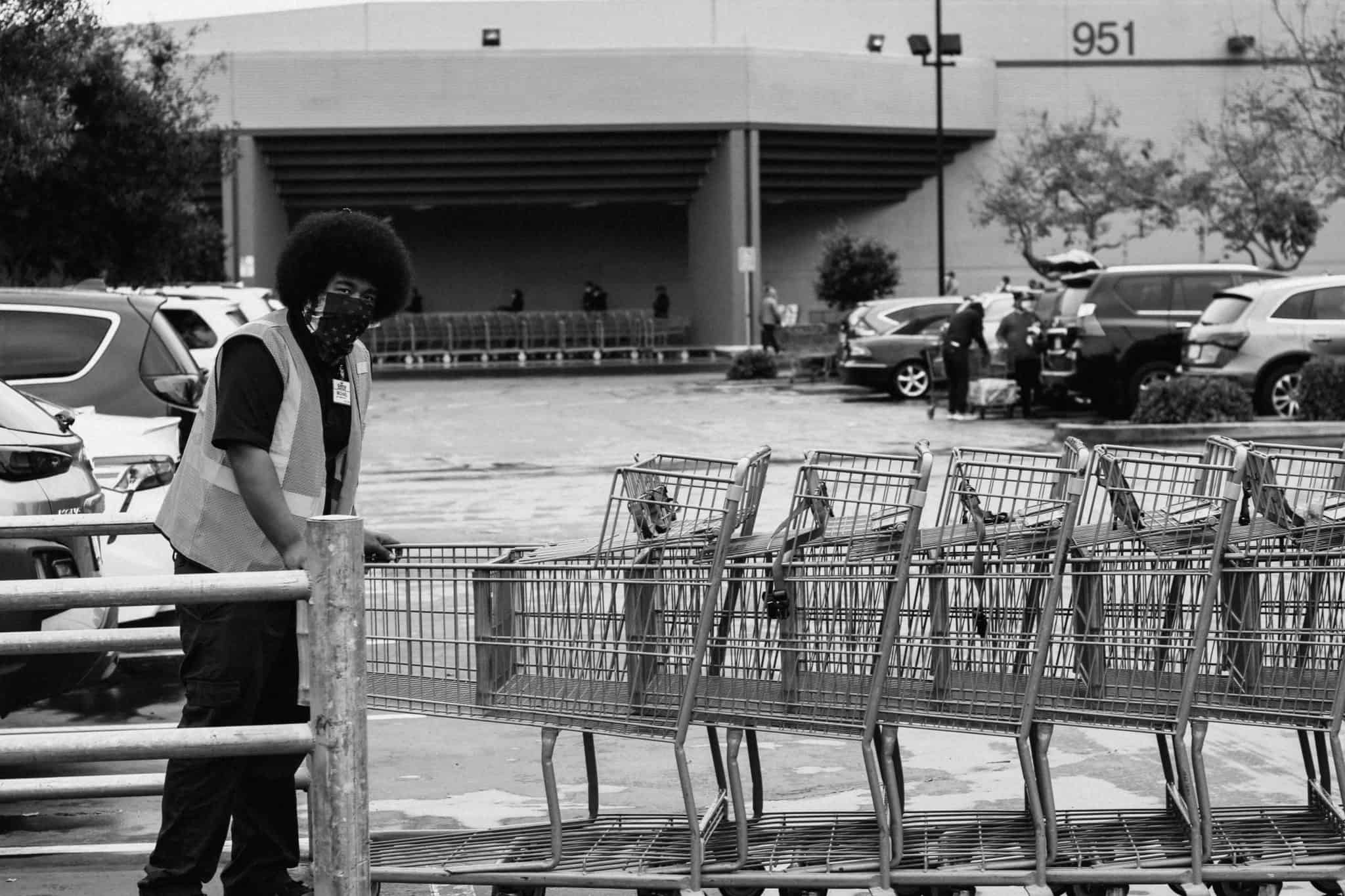
Rund Khayyat is a student at Harvard Law School.
On Thursday, the House passed a $484 billion federal spending plan to replenish the Paycheck Protection Program, a small-business loan program that has been too swamped by demand to continue processing loans. The measure also includes $60 billion for a separate small-business emergency loan and grant program and $75 billion for hospitals and health-care providers. The objective of the Paycheck Protection Program is to help businesses with fewer than 500 employees keep workers on payroll. To accomplish this goal, the Program extends forgivable loans of up to $10 million if employers continue paying their workforce.
The Washington Post reported that in a survey of nearly 2,000 small businesses, 91% had applied for loans under the Program and about half of those approved were able to retain their entire workforce. President Trump is expected to soon sign the stimulus bill, which already passed the Senate this week. Also Thursday, the Labor Department announced that 4.4 million Americans sought unemployment benefits last week, bringing the total number of national claims to an extraordinary 26 million.
Grocery stores around the nation are not taking basic measures to protect workers, despite their acute vulnerability on the front lines of the pandemic. Grocery employees have played a crucial role in the COVID response as restaurants close and Americans shelter at home — for instance, grocery store sales were up a shocking 83% for the two weeks ending March 22. The impact of the virus on grocery workers is already devastating: as of April 18, at least 18 Walmart employees had died, and 10% of the chain’s workforce was on leave. Workers have also died at Trader Joes, Kroger, and Safeway locations around the nation.
Grocery employees have been forced to work without protective equipment, information about co-workers who test positive for the virus, or crowd-control measures. For example, in March, a coalition representing Trader Joe’s employees said the company banned workers from wearing gloves. Similarly, Office Depot, Walgreens, and Target still discouraged employees from wearing masks by April 1. In mid-April, Walmart employees sent a letter to the company’s board voicing their safety concerns. Only this week did both Walmart and Kroger announce the companies would begin enacting measures to protect employees. Also this week, several states and cities began requiring customers to wear masks when entering essential businesses to protect workers.
But grocery employees told Vox this week that individual stores do not necessarily enforce state or company safety policies, and that without stronger state and federal enforcement, grocery chains will not prioritize employee safety over profit margins. Bolstering this point, Business Insider reported that Amazon-owned Whole Foods has monitored signs of union organizing in its stores by tracking its 95,000 employees through an interactive heat map. The heat map rates each of Whole Foods’ stores based on the likelihood that employees might form a union. It uses metrics that include employee “loyalty” and racial diversity; “tipline” human resources calls; proximity to a union office; and violations recorded by the Occupational Safety and Health Administration (OSHA). Though union-tracking has been common practice among large companies, albeit one rarely publicly discussed, it is significant during the pandemic because unions are likely to bargain for safety and sick leave measures for employees.






Daily News & Commentary
Start your day with our roundup of the latest labor developments. See all
December 22
Worker-friendly legislation enacted in New York; UW Professor wins free speech case; Trucking company ordered to pay $23 million to Teamsters.
December 21
Argentine unions march against labor law reform; WNBA players vote to authorize a strike; and the NLRB prepares to clear its backlog.
December 19
Labor law professors file an amici curiae and the NLRB regains quorum.
December 18
New Jersey adopts disparate impact rules; Teamsters oppose railroad merger; court pauses more shutdown layoffs.
December 17
The TSA suspends a labor union representing 47,000 officers for a second time; the Trump administration seeks to recruit over 1,000 artificial intelligence experts to the federal workforce; and the New York Times reports on the tumultuous changes that U.S. labor relations has seen over the past year.
December 16
Second Circuit affirms dismissal of former collegiate athletes’ antitrust suit; UPS will invest $120 million in truck-unloading robots; Sharon Block argues there are reasons for optimism about labor’s future.